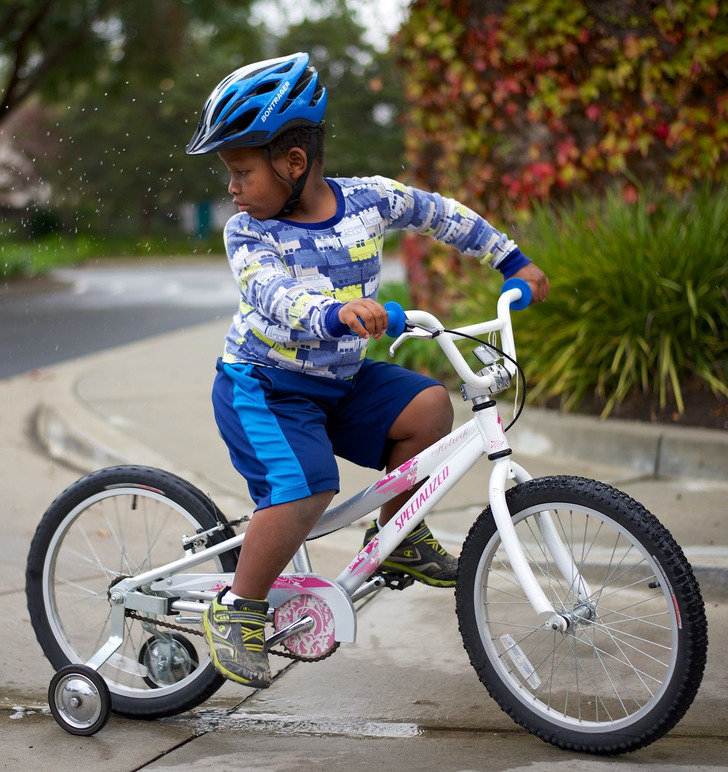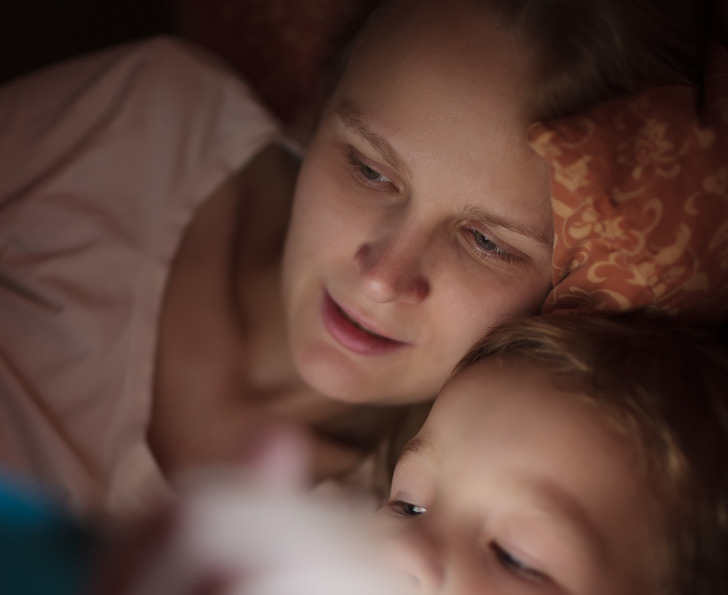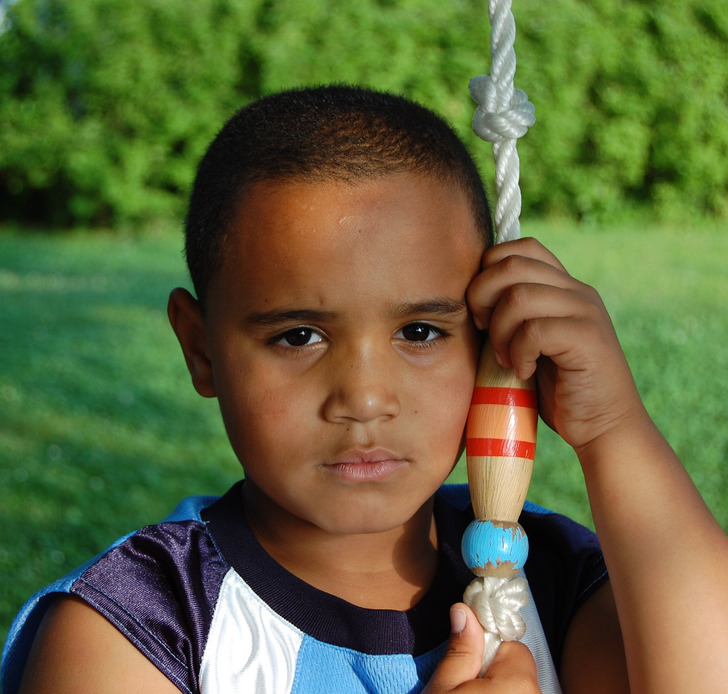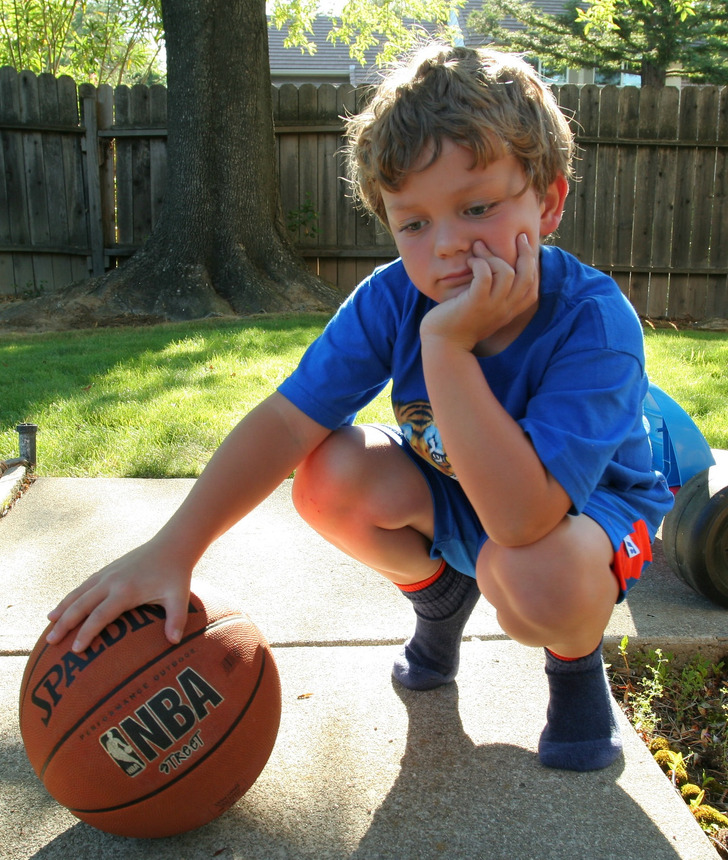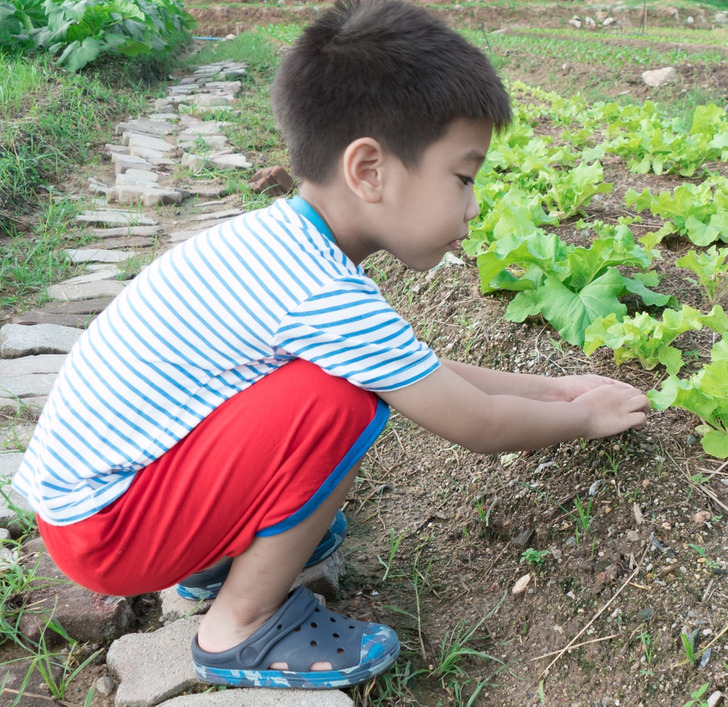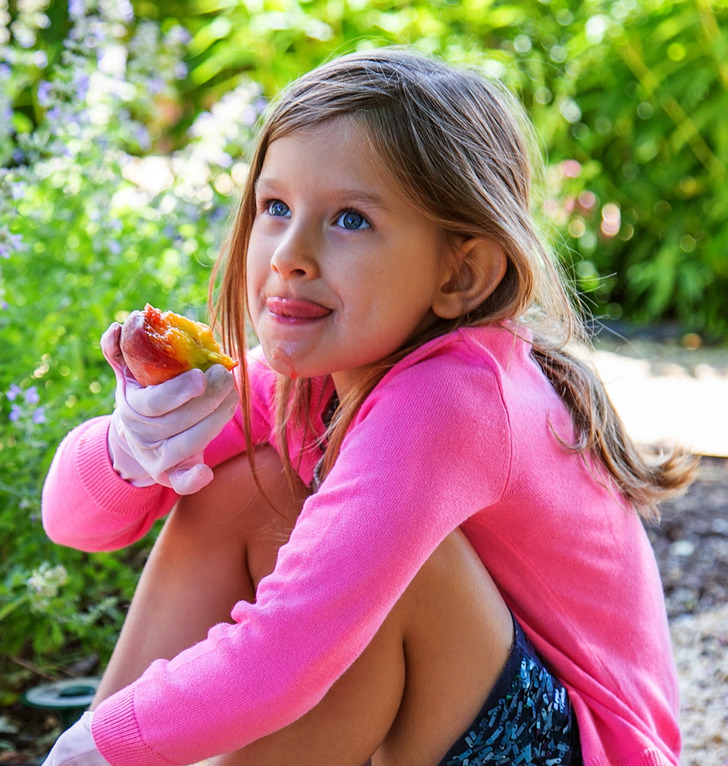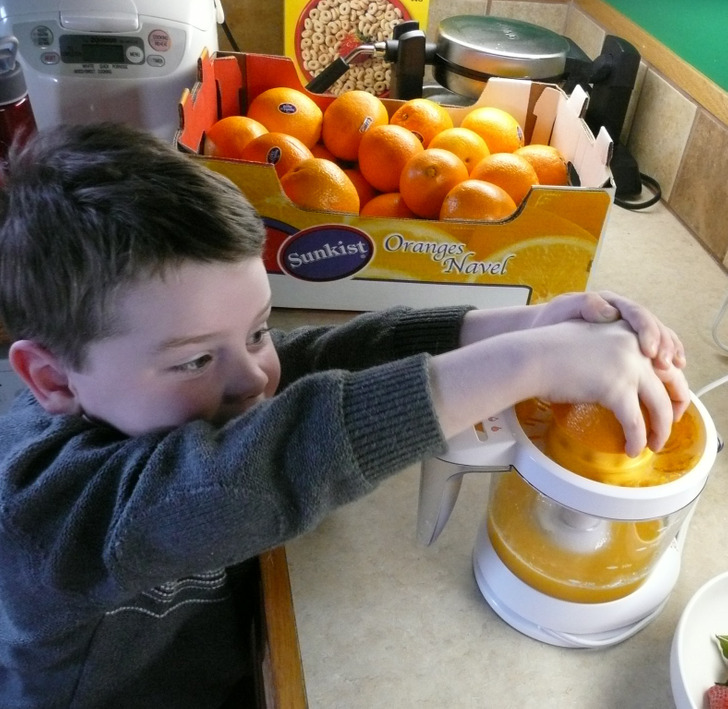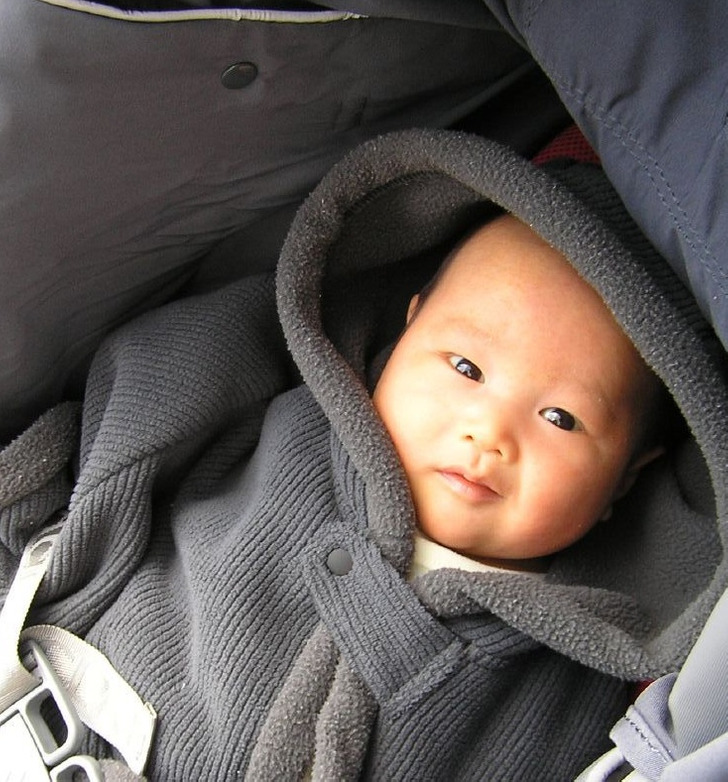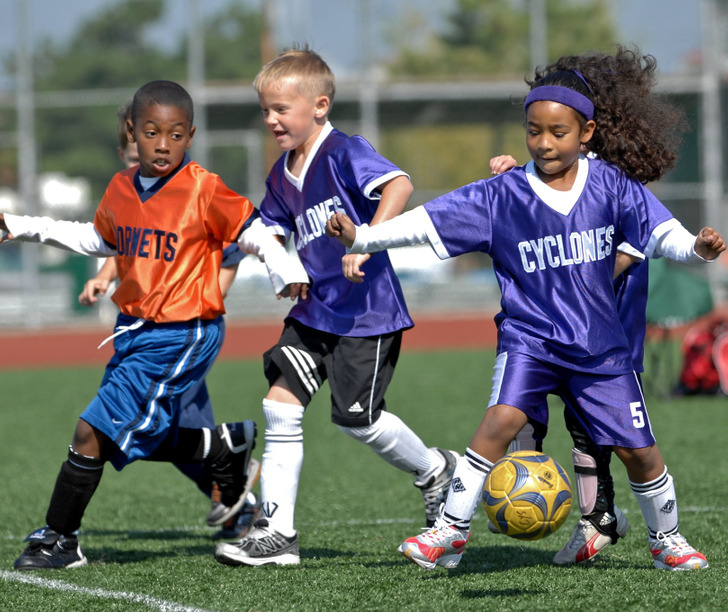11 Little Tricks That Will Help You Make Your Children Truly Happy
The happiness of their children is important to all parents, and it’s even more important than their health and achievements. This is why when a child is sad or confused, moms and dads try to raise their kid’s spirits as soon as possible. But sometimes it’s not that easy to cheer a child up.
At CHEERY, we decided to find out how to make your child happy, and whether it’s really necessary to make sure they are always cheerful and content.
You shouldn’t always try to make your child happy.
The idea of childhood as “the happiest time” emerged quite recently — in the 19th century. But this doesn’t mean that in the past parents were not interested in the emotional state of the children or deliberately tried to upset them. The problem was in numerous illnesses and the necessity to work hard to earn a living which used to make childhood far from being pleasant.
By the 20th century, a child’s happiness began to play an important role in the life of a family. Entertainments intended just for children were invented at that time while the desire to give your child a joyful and carefree childhood became a duty. If a child is sad or bored, their parent can experience pangs of conscience and tries to cheer their child up as soon as possible.
But an upset person can hardly evoke positive emotions in other people, especially in family and friends. And a parent is not obliged to constantly please their child. They are rather to teach their offspring to control their emotions.
Let your child enjoy life in the current moment.
Children tend to enjoy life right here and now, and moms and dads want their child to be happy in the future. So, when a child says that they want to play and have fun with their friends outside now, the parents try to convince them that doing homework is a more important thing. After all, if a child excels in school, they will have a successful career that will bring them more pleasant things in the future.
If you have to make this choice, it’s best to compromise and let your child have fun with friends outside, and only then make them do their homework.
Give your child a bit more freedom.
When all aspects of a child’s life are strictly controlled, and their free time is scheduled literally by the minute, this can irritate them. Even though toddlers can’t express their irritation with words, they are able to demonstrate it with their behavior.
Children must make their own decisions and learn from their mistakes. This doesn’t mean that a child should be given unlimited freedom — certain rules and supervision are necessary to be present in their life.
In the evening, recall the happiest moments of the day together with your child.
To understand what brings your child joy and to relive positive emotions, you and your children can make a special list every evening. Both parents and children should write down 3 things that made them happy during the day. It can be little things or something really important. These notes or drawings will help you remember warm moments and will just cheer you up.
Giving your child everything they want won’t make them happy.

Even if a child claims that they really need a new gadget, game or piece of clothing, you shouldn’t buy this thing just because they asked for it. Kids who are overindulged are likely to experience feelings of chronic discontent. They may simply not see the difference between wants and needs.
It’s best to give your child an opportunity to earn the desired object. They’ll appreciate things much more if they’ve had to work hard to get them.
It’s fine to feel sad sometimes.
Sadness is one of the key human emotions. Thanks to sadness, we can feel our joyful and happy moments in a brighter and deeper way. Therefore, you shouldn’t try to cheer your child up if they are upset. It’s best to teach them to identify this emotion and find out its cause. If the child is upset, play some sad songs that describe similar feelings, or let them express their emotions on paper with the helps of paints or pencils.
Good deeds bring a lot of joy.
Volunteering as a family can make your family bonds becoming stronger, and children who are raised in such families tend to be more happy in adulthood. You can teach your child to help others and share with those in need from early age.
But don’t force your children to share — they are unlikely to find this enjoyable. If you inspire your kid to perform acts of generosity, they will feel happier than their peers.
Chores make children happy.
It might surprise you, but when children help their parents around the house, they really enjoy it. The main thing is to start teaching them to do chores as early as from the age of 2. If you do it later, the child will no longer be as enthusiastic about cleaning up and picking up their toys.
Chores increase a child’s self-esteem, develop a sense of responsibility and make them more self-confident. In addition, a scientific study showed that the more children help their parents with chores, the more joy they experience. Just be positive and try to praise their effort as well as their achievements.
Sometimes it’s okay to be a bit bored.
Many parents believe that one of the main threats to children’s happiness is boredom. This is why moms or dads try to do their best to entertain their children and not let him get bored even for a minute.
But boredom helps children develop such useful things as planning strategies and problem-solving skills. It can also spark their imagination. If a child complains that they’re bored, they may just be hungry or want your attention.
Remember that if you try to do everything to not let your child get bored, they won’t learn to entertain themselves without your help. You can assign them with a certain long-term project they’ll have to perform by themselves, for example, start a garden or another outdoor project.
If the child rejects all your ideas, you’ll have to make a choice for them. Sometimes children behave like this because they just want your attention.
Healthy eating is linked to children’s happiness.
Researchers from the University of Gothenburg found that children who eat healthy have higher self-esteem and are less likely to be bullied by peers. It’s interesting that this happens regardless children’s appearance or their weight.
During the study, a group of children from around the world followed a healthy diet for 2 years. They consumed less sugar and fat, and ate a lot of fruits, vegetables, and fish. By the end of the study, their relationships with their parents and friends improved, as well as their psychological well-being.
Certain smells can reduce anxiety in children.
Some smells can make you happier. The smells of fresh grass, pine needles, citrus fruits and mint can reduce anxiety and restore a good mood in adults as they are associated with pleasant memories. But it turns out that aromatherapy can also help your children get rid of their fears and worries. And the smells of lavender, orange and ginger are best at solving this task.
But you should be careful about essential oils and make sure that your child doesn’t accidentally swallow them or apply to the skin. At the same time, let your child have some control over the process.
There was an interesting real-life story when a boy was afraid of imagined monsters at night. So, his parents gave him a lavender spray to use to ward them off.
Young children under 2 years old can be pacified by the familiar scent that comes from their mother’s skin. If a mother needs to leave her baby for some time, she can cover them with a T-shirt she has worn for a few hours to prevent them from being worried without her.
Young teens feel happier if they play sports.
Regular physical activity not only makes young teens healthier but also happier. According to the study conducted by West Virginia University, high school girls reported that regular exercise made them happy in general. While boys enjoyed team sports more because these enhanced bonding among friends and teammates.
Do you have your own tricks of how to make your children happier? Share them in the comments below.


